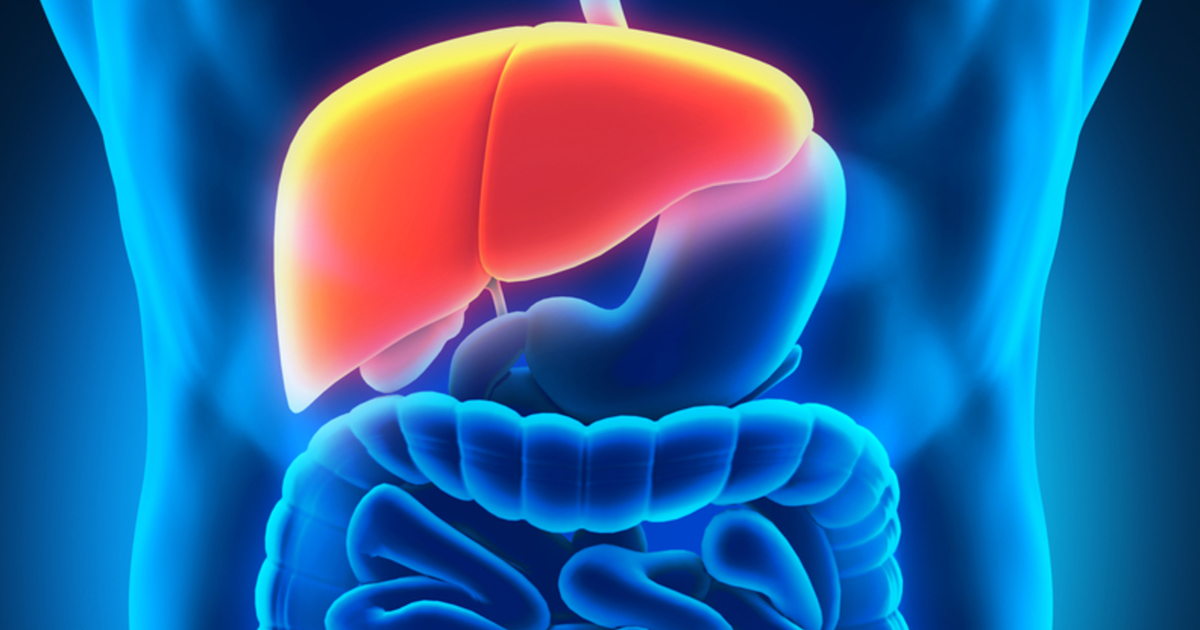Reye's Syndrome: Symptoms Worth Looking Out For
Reye’s syndrome is rare—but when it strikes, it escalates fast. Most often affecting children and teenagers recovering from viral infections like the flu or chickenpox, this condition causes dangerous swelling in the brain and liver. And while the initial symptoms might mimic common post-viral fatigue or stomach flu, the consequences can be life-threatening. Confusion, seizures, hallucinations, even persistent vomiting—these aren’t just symptoms. They’re red flags. Immediate medical intervention can make the difference between full recovery and permanent damage. One major risk factor? Aspirin (acetylsalicylic acid). Even small doses, if given during or after a viral illness, can trigger this severe reaction. That’s why understanding the warning signs matters more than ever. We’ve expanded our list to 15 critical symptoms of Reye’s Syndrome you need to watch for, breaking down what they mean and why they shouldn’t be ignored. Because when it comes to your child’s brain and liver, every second counts—and every symptom tells a story.
1. Swollen Liver

When Reye's syndrome sets in, the patient's blood sugar will usually drop. At the same time, acidity and ammonia levels in the blood rise, and the liver may swell up and develop fatty deposits. There are multiple potential liver complications of Reye's syndrome. In addition to fatty deposits, patients may have abnormal liver function tests. If the liver stops performing its usual functions, this can lead to the accumulation of toxic substances in the blood. In serious cases, the liver fails entirely. Liver failure is a condition where the liver has lost enough function that it cannot perform lifesaving functions. Patients with failing livers may exhibit bleeding and poor blood clotting. Typically, liver failure must be treated with a liver transplant.
2. Excessive Lethargy

In children over two years old and teenagers, excessive lethargy is one of the early symptoms of Reye's syndrome. The child may be unusually sleepy and have trouble focusing on the world around them. They may sleep more than usual, fall asleep at odd times, and find it difficult to concentrate on typical tasks. Unfortunately, because Reye's syndrome tends to occur after a viral infection, parents and health professionals may mistake this lethargy for a normal part of the recovery process. Lethargy can be caused by a number of other issues as well, ranging from mild to severe. It should be monitored if it follows a virus because of the seriousness of untreated Reye's syndrome. Other common causes of lethargy are sleep issues, medication side effects, chronic illnesses, anemia, heart problems, hypothyroidism, mental health issues, and certain cancers.
